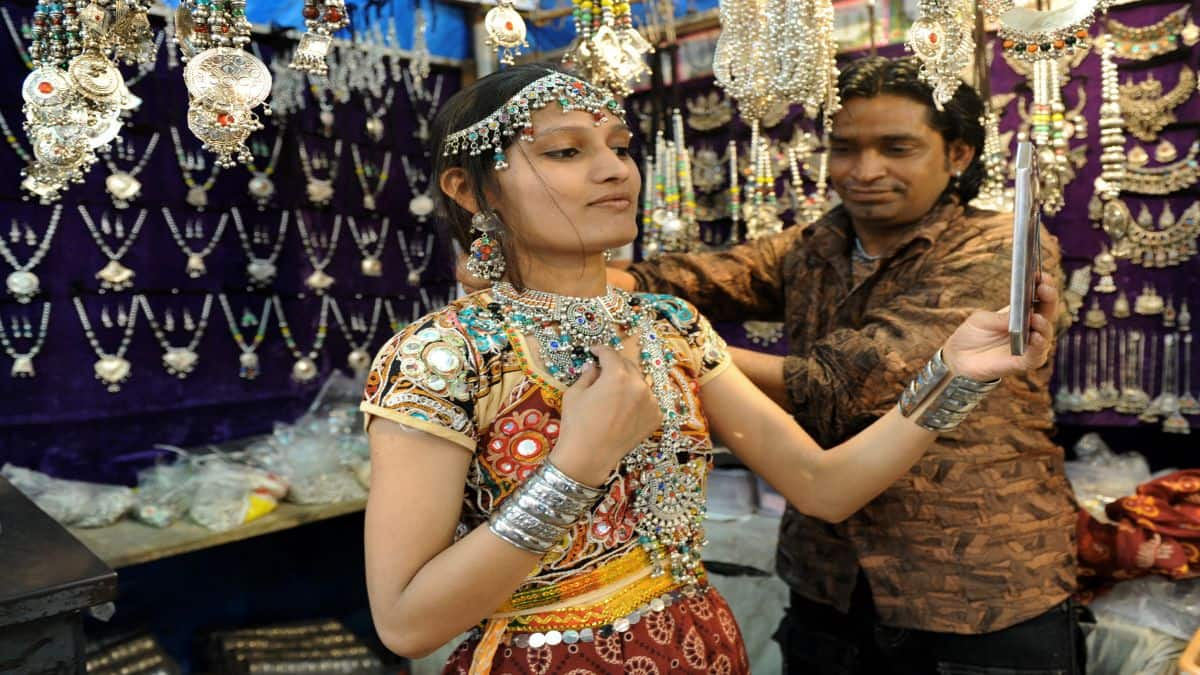The recent reduction in central excise duty on petrol and diesel by Rs 2 has been fobbed off as an exercise in tokenism by the Opposition though the common man has heaved a sigh of relief with the reduction translating into a slightly more than a pass-through reduction in petrol bunk prices for him. The Modi government at the Centre has perhaps realised that bringing petroleum products under the GST net would not be easy as state governments bludgeon consumers with heavy VAT which is under their jurisdiction whereas GST rate would be uniform through the country. But then the Modi government can ask the BJP ruled states to shame the opposition by reducing VAT on petroleum products significantly in their own states. There are 18 states and union territories under the NDA out of 31, with BJP on its own controlling 9. It is possible that some of the allies in the NDA may not see eye to eye with the BJP and thus may not agree for steep reduction of local VAT that accounts for a sizeable share of the ultimate selling price. [caption id=“attachment_4027671” align=“alignleft” width=“380”]  Representational image. Reuters.[/caption] Indeed, the state governments have to bear a large part of the blame for the spiraling fuel prices. They run with the hare and hunt with the hound. They blame the Centre for the rising petrol and diesel prices despite knowing that they are the ones who have opposed bringing in of petroleum products into the GST net for the fear of losing substantial revenue. On 15 September 2017, the price of a litre of petrol at any Indian Oil outlet in Delhi was priced at Rs 70.43. Out of this, the dealers pay Rs 30.41 (without taxes) to Indian Oil and keep Rs 3.57 as their margins. Out of rest Rs 36.43, Rs 14.97 goes to Delhi government and rest Rs 21.48 goes to union government. Delhi again gets nearly Rs 11.59 out of collection of union government. This is true for all the states in the country. And this also explains their dilemma which of course they won’t admit, especially, if they are non-BJP ruled states. It is in this context that the Petroleum Minister Dharmendra Pradhan’s appeal to the states to reduce VAT on petroleum products by 5 percent points is significant. One hopes the BJP leadership takes note of Pradhan’s appeal and directs the BJP ruled states to heed his advice and plea pronto. Of course, this would have the effect of vehicles, trucks and buses especially, rushing to the neighboring BJP ruled states to get their fuel tanks filled. To wit, if BJP’s ally, Chandrababu Naidu, makes petrol and diesel cheaper in Andhra Pradesh, it would adversely affect the sale of petroleum products in Karnataka. The Khattar-led BJP government in Haryana can be of trouble for Captain Amrinder Singh, the Chief Minister of Punjab, because it would make a significant dent into the coffers of the Punjab government. There is nothing wrong in vehicles seeking cheaper petroleum outlets especially if the incursion into the neighboring state can be done conveniently on the way or without too much detour unlike for example in the case of people from Gujarat seeking waterholes in the neighboring Goa to get mildly or wildly intoxicated. UP, Uttarakhand, Madhya Pradesh, Chhattisgarh, Rajasthan and Maharashtra are states where BJP has a free run and would not perhaps be stepping on the toes of the neighboring states thanks to their geography. The opposition cannot cry foul if the BJP states force their hands to similarly reduce their VAT on petroleum products any more than states can justifiably whine against income-tax holiday reserved for units located in certain backward states. Human liquor and petroleum products have been the favorite whipping boys of finance ministers in states. Liquor comes under the state list and hence central excise cannot be imposed on it. States lap up the opportunity with glee. They however should not lap up the opportunity with the same alacrity when it comes to petroleum products which is a necessity and hence inelastic in demand. The loss of revenue on petroleum products can be made up perhaps with a steep hike in liquor taxes by states. No one would shed tear for pinching the purse of drinkers, both habitual or diehard and occasional.
Human liquor and petroleum products have been the favorite whipping boys of finance ministers in states
Advertisement
End of Article


)

)
)
)
)
)
)
)
)



